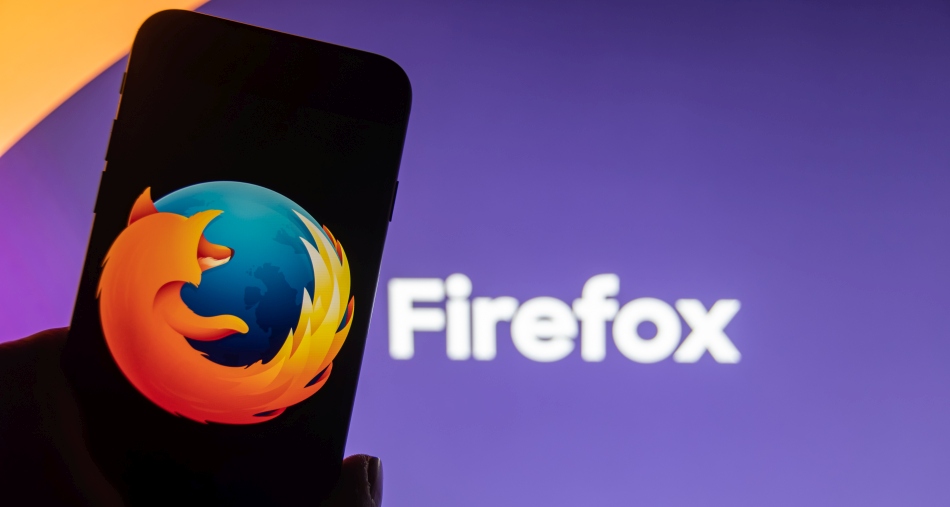
Ahead of a key hearing in the U.S. government's antitrust case against Google, Mozilla CEO Laura Chambers has warned that some proposed remedies could unintentionally damage Firefox and the broader ecosystem of independent browsers.
The hearing, scheduled for April 21, 2025, follows the DOJ's 2020 lawsuit accusing Google of illegally maintaining its monopoly in the search market. Central to the case is the company's multi-billion-dollar agreements to secure its position as the default search engine across browsers and devices, including Mozilla's Firefox. While Mozilla supports efforts to curb monopolistic practices in search, Chambers warned that sweeping remedies targeting these deals could damage the financial viability of smaller, independent browsers.
In a public statement, Chambers emphasized that Mozilla, a non-profit organization with a mission to promote an open and privacy-respecting internet, plays a unique role in today's tech ecosystem. Firefox, powered by Mozilla's Gecko engine, is the only major browser engine not owned by a Big Tech company — unlike Apple's WebKit and Google's Blink. These engines determine how web content is rendered, giving their owners significant control over web standards and user experience.
“There are only three main browser engines left,” Chambers said. “If Gecko disappears, so does the open web.”
Chambers argued that eliminating or severely limiting default search partnerships — without addressing how independent browsers are funded — could unintentionally entrench Google and Apple's dominance in browsers. While such remedies might open search competition in theory, they could simultaneously weaken or eliminate the very platforms that offer users meaningful alternatives in how they access the web.
Mozilla has long been a leader in privacy and open web standards, often influencing industry practices far beyond its market share. Chambers noted that independent browsers like Firefox regularly “punch above their weight” by prioritizing user rights, transparency, and security innovations. However, this impact depends on sustainable funding — much of which currently comes from search engine deals.
As the DOJ and the court consider how to rebalance competition in search, Mozilla is urging decision-makers to adopt remedies that protect and promote browser diversity as well. Addressing one monopoly by undermining another critical area of competition, Chambers warned, risks leaving users with fewer choices and an internet shaped entirely by corporate interests.
The outcome of U.S. v. Google may reshape not only the search market, but also the future of browser technology and the open web itself.






Everyday it’s becoming more obvious how Mozilla kisses Google’s ring…..